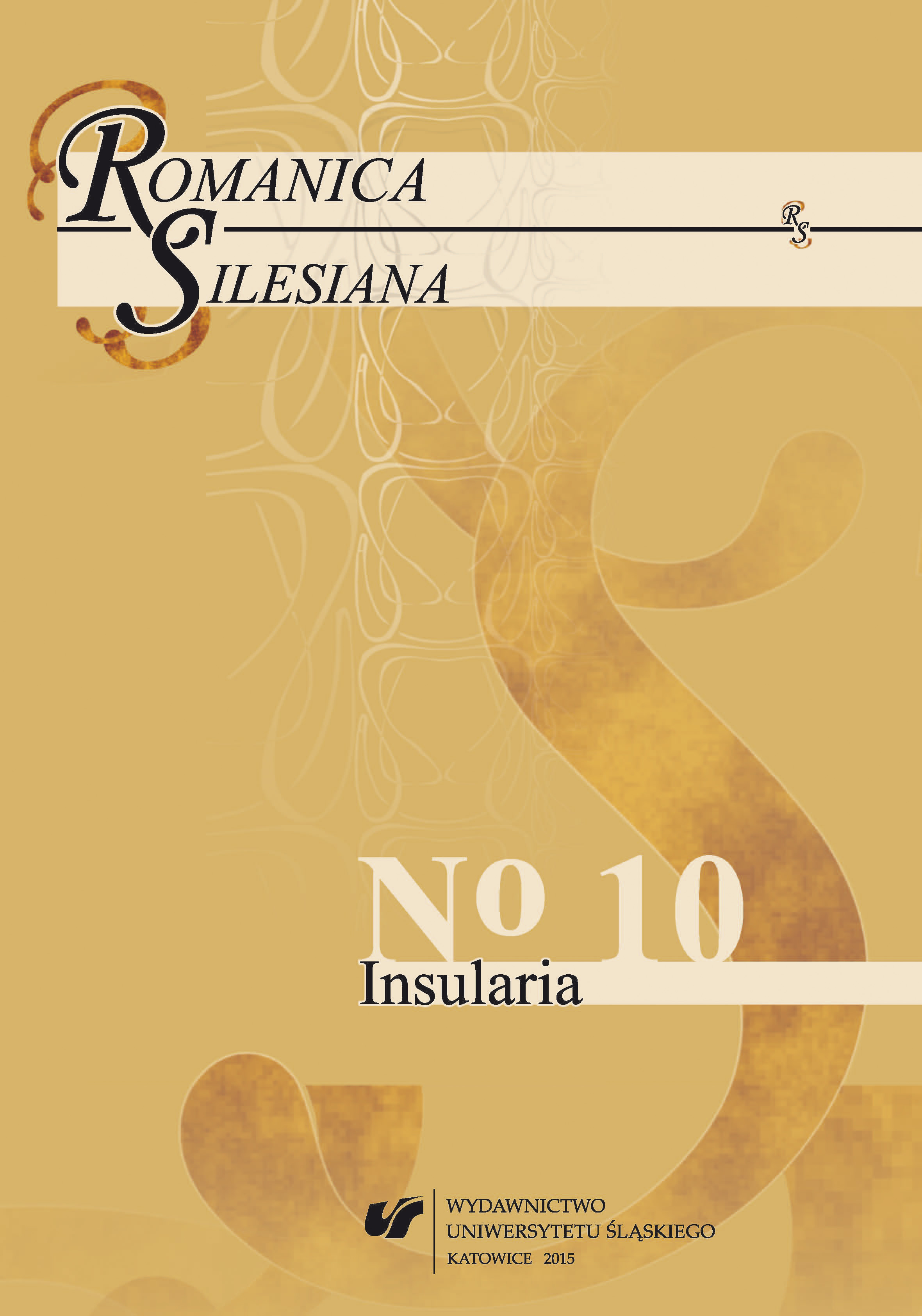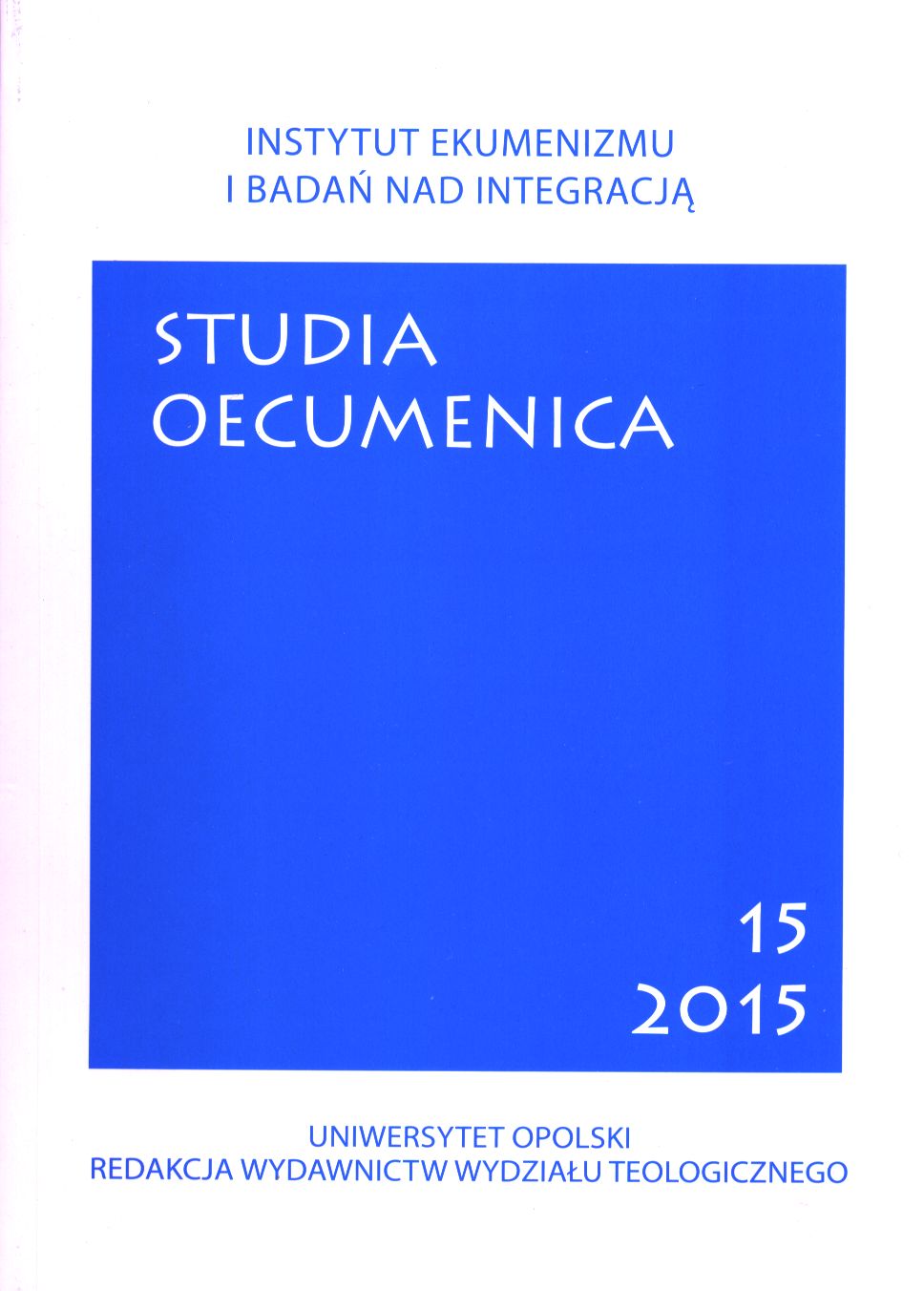Author(s): Stanisław Jan Rabiej / Language(s): French
Issue: 15/2015
The paper mentioned the time (twenty years ago) when the Cardinal Carlo Maria Martini (deceased August 31, 2012) gave a retirement in La Salette (at the time of the Italian national pilgrimage for the 150th anniversary of the Apparition of the Virgin Mary). At that time, it delivered a meditation on “the mystery of the suffering”. Since 170 years the words of Marie, by their simplicity and their rigour, keep a real topicality, in a world which always undergoes. The Sanctuary of Notre-Dame in La Salette, located in the Grenoble-Alps at 1787 m of altitude, accompanies the people by God, in the beautiful place. Already in May 1852 the bishop of Grenoble announced to diocesans the foundation of a large sanctuary comprising a church, the pilgrimage home, and the constitution of a special priest congregation for the service of the pilgrims. In the continuation the Missionaries of Notre-Dame of La Salette will exceed the limits of the diocese of Grenoble and the Hexagon for Norway, then Madagascar. The laws of the Republic anticlerical oblige them to emigrate towards the U.S.A., Italy, Belgium, Switzerland, Poland. Some of these establishments of the end of the 19th century will become the founders of new provinces. They are today about 920, present in twenty countries. Similarly, the Sisters Missionaries of Notre-Dame of La Salette, founded by the P. Crozet, and set up by the bishop of Soissons in its diocese in 1930. Today, they are 200 members in 9 countries (France, Brazil, Madagascar, Philippines, USA, Poland, Angola, Myanmar, Italy) – for any work of female apostolate.
More...


